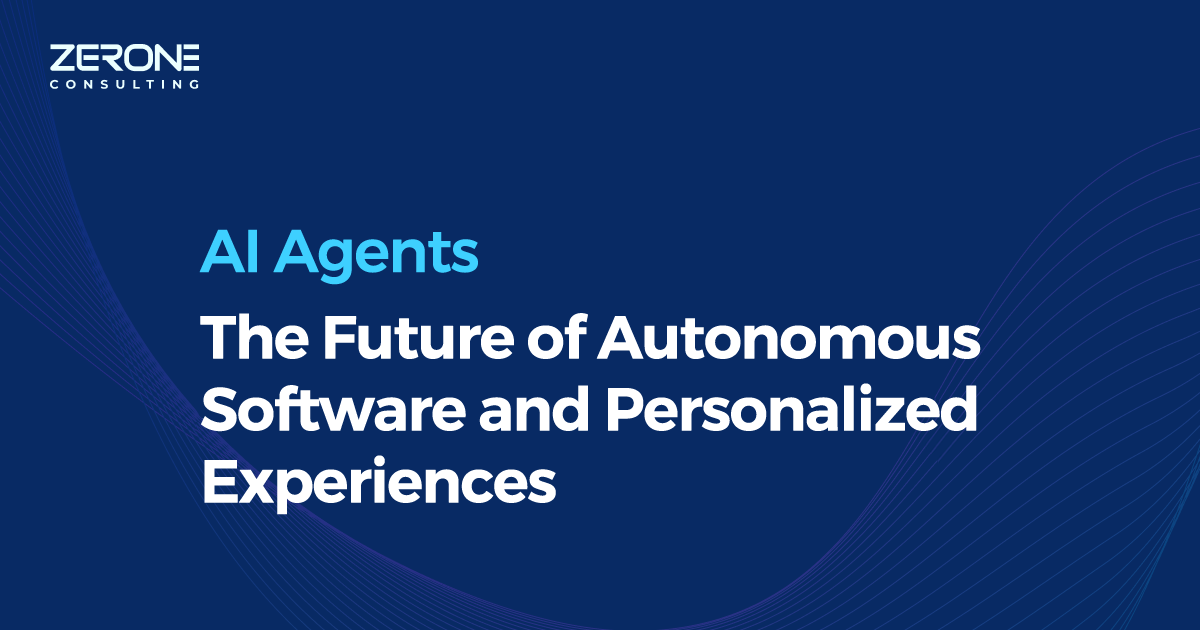How the Legal Industry Benefits from Automatic Speech Recognition
According to the 2017 International Legal Technology Association (ILTA) Survey, the legal industry is exhibiting an increasing inclination towards Artificial Intelligence (AI) and Machine Learning (ML) technologies. From contract review to compliance analysis to research and discovery or automatic speech recognition, these technologies are bringing a significant transformation in the legal profession. Today, the legal industry is one of those sectors that has been making the most of speech recognition technology. Many lawyers are using text data-mining techniques that offer the ability to scan thousands of contracts and other legal documents within a short time frame. This will help them quickly identify the most relevant areas of a contract and assist their support staff to re-evaluate the required sections of a document.
This post intends to explore how automatic speech recognition and analytics is improving the operational efficiency of legal practice.
Legal Analytics: Past and Present
In the ancient times, the practice of law was always centered on oration. During the course of 18th-19th century, the legal profession shifted its focus from oration to dictation and more emphasis was given to document creation, storage, and retrieval. Lawyers started spending most of their time in meeting clients and understanding their problems, researching and studying past cases and trial histories, and drafting original case-related documents. From the old typewriting devices to the medieval word processors and the contemporary personal computers, document production and management has remained one of the core activities of the legal community.
This tide is turning and many lawyers are now spending more time on oration, defending their clients or arguing against their opponents, with less time remaining to complete their documentation works. The documentation requirements of today’s legal practice are tedious and involve heavy writing. To tackle this, an increasing number of attorneys are using speech recognition software to create and edit legal documents.
Speech recognition is a technology enables a machine to convert a person’s speech into text by recognizing the spoken words in it. Every speech signal is converted into a set of words using AI algorithms implemented through a computer program. The text data thus generated through speech recognition is analyzed further to derive useful insights. This process is known as speech analytics.
Why rely on speech recognition and analytics
Speech recognition helps in improving the productivity of law firms and corporate legal departments by supporting the following tasks:
-
streamline documentation efforts and reduce document turnaround,
-
minimize dependency on support staff,
-
lower transcription costs,
-
dedicate more time to understand clients and their problems, and
-
focus on any important business that could cross a lawyer’s desk.
And all of these could be achieved without having to change the existing business processes or information systems. Speech recognition technology leverages “language modeling” to recognize and distinguish among the millions of human expressions that form a language. It uses statistical models to analyze and interpret the incoming stream of utterances. This process of interpretation is termed as speech recognition, and its success is measured based on the number of correct interpretations.
The recent advances in speech recognition shows significant increase in performance, accuracy of detection, and ease of use* For instance, Google’s Cloud Speech-to-Text can recognize 120 languages and variants and has recently accomplished a 95 percent word accuracy rate for the English language. Achievements of this kind are already creating remarkable breakthroughs in the legal domain.
Various applications of speech recognition in legal
Each law firm or legal professional uses speech recognition for different purposes, depending on their roles and responsibilities, workflow customizations, and other application requirements. The key beneficiaries of speech recognition in legal industry include lawyers or attorneys, judges, junior lawyers, court reporters, support staff or assistants, partners and associates, paralegals, law students, transcriptionists, and legal researchers.
The most common applications of speech recognition technology in the legal environment include:
-
Document creation and management: Law firms extensively depend on legal secretaries, paralegals or external transcriptionists to transcribe the documents required for legal proceedings such as client memos, legal briefs, contracts, motions, discovery and deposition summaries. This will increase the administrative costs of the law firms and prolong the dictate – transcribe – review – edit cycle leading to customer dissatisfaction. Using a speech recognition software, an attorney can just dictate the document to their computer/ device, instead of typing it manually. Speech recognition automatically transcribes the dictation, which could be reviewed later for accuracy.
-
Contract review automation: In most of the law organizations, manual review of contracts consumes a huge amount of time and resources. AI-enabled text analytics offers the ability to automatically analyze and review documents with human-like understanding. Application of text data capture and Natural Language Processing (NLP) techniques enable us to identify key sections, facts, clauses, or entities from contracts as well as complex business documents and also help determine if the contracts meet the predefined criteria. Using NLP for contract analysis could extract crucial business intelligence required for the entire contract lifecycle management, including regulation compliance.
-
Text and audio summarization: Imagine a legal work that depends on gathering and analyzing historical data such as former judicial decisions, huge case files, or trial videos/ audios to understand legal opinions or to evaluate the possible litigation outcomes. A human lawyer cannot replace the fast and impressive processing power of a speech recognition software when it comes to surfing through voluminous data. An AI-based speech recognition and analytics software uses machine learning models that can automatically deliver accurate summaries of lengthy text. In the legal industry, this can be useful for assimilating large amounts of information into a compact report.
-
Enable remote legal proceedings: ASR or automatic speech recognition offers the opportunity to quickly and affordably transcribe high quality audio or video recordings that are considered acceptable to the evidentiary standards. As more and more depositions and trial proceedings are recorded as videos, speech analytics could be employed to analyze these video/ audio records, and identify significant law points. This also presents the opportunity to conduct remote litigation through webcasting or video conferencing, which could save time and reduce the delay in delivering a verdict.
The tech takeover
The role of humans in wielding and monitoring legal systems is undergoing an overhaul with technologies like automatic speech recognition. Real-time integration of ASR with court and case management systems, courtrooms, or enterprise applications of law firms will have a major impact on the litigation support community. Apart from aiding dictation and transcription, speech recognition helps you realize your ROI immediately by staying productive in the field. By developing a legal-specific language model trained using millions of industry jargons and terminologies, you can get your speech recognition software 99 percent accurate, right out of the gate.
If you are considering to implement speech recognition and analytics for your business, we would be happy to assist. Contact us to know more.
*Reference: Descript
We can help!
Join our LinkedIn community for the latest industry trends, expert insights, job opportunities, and more!


